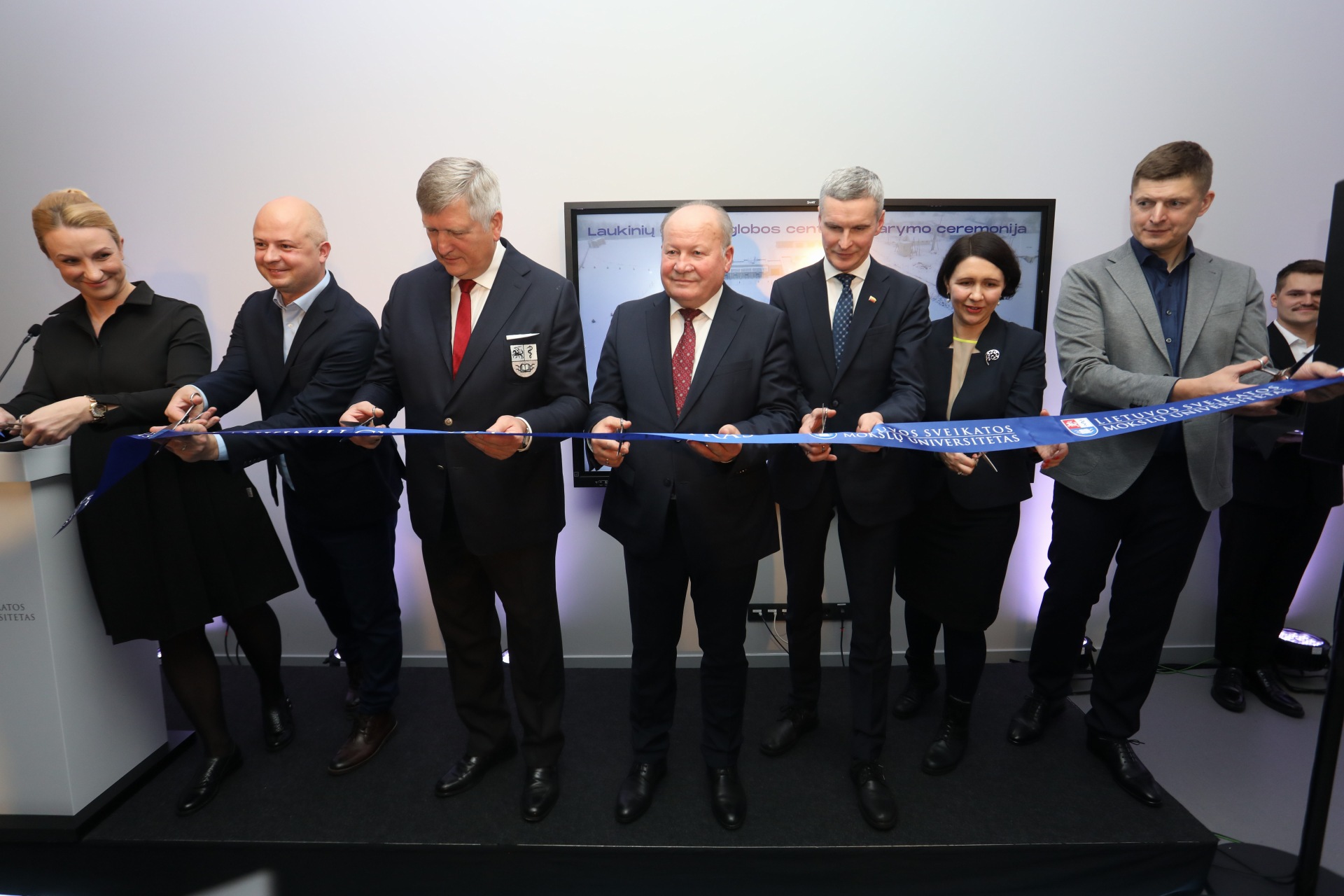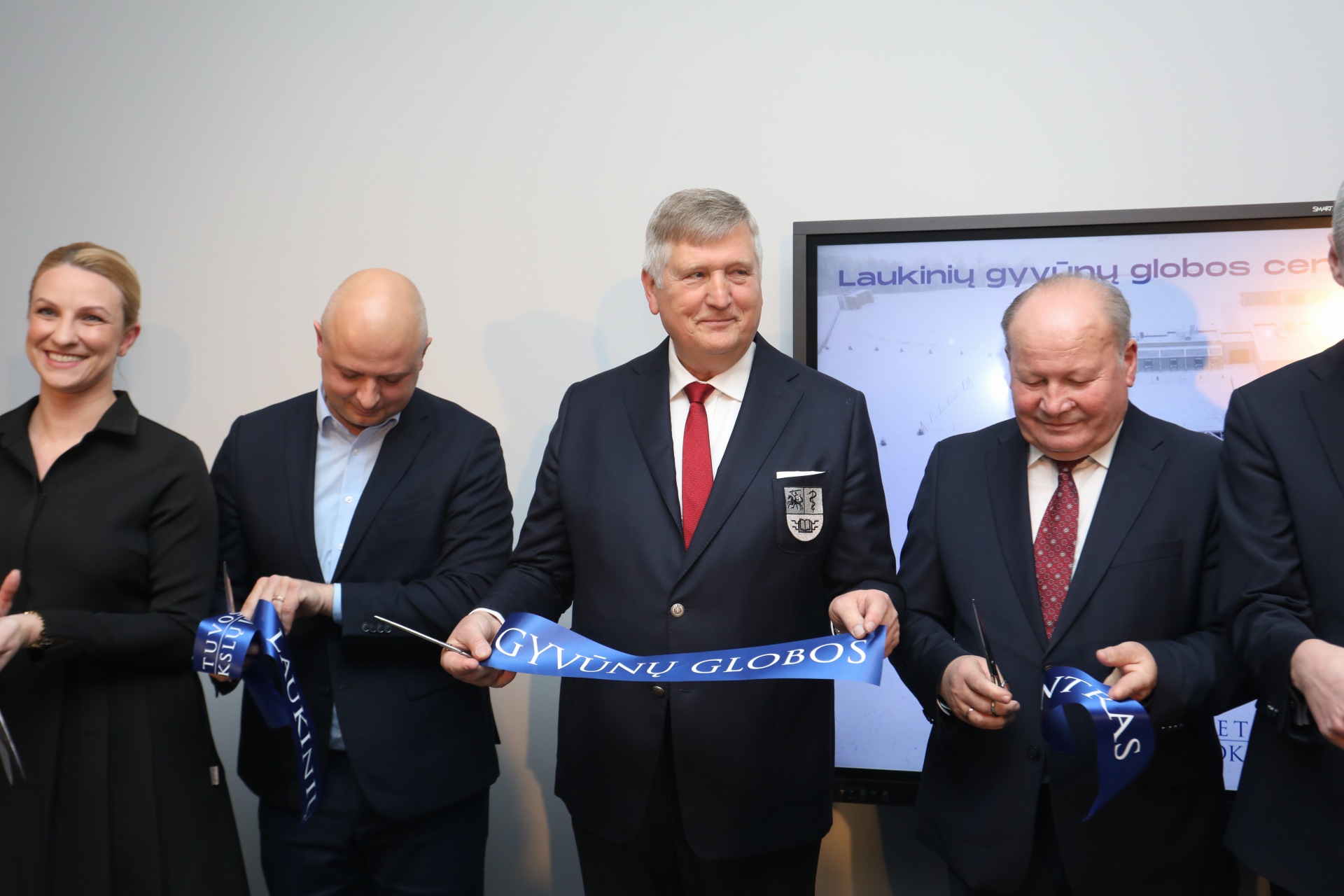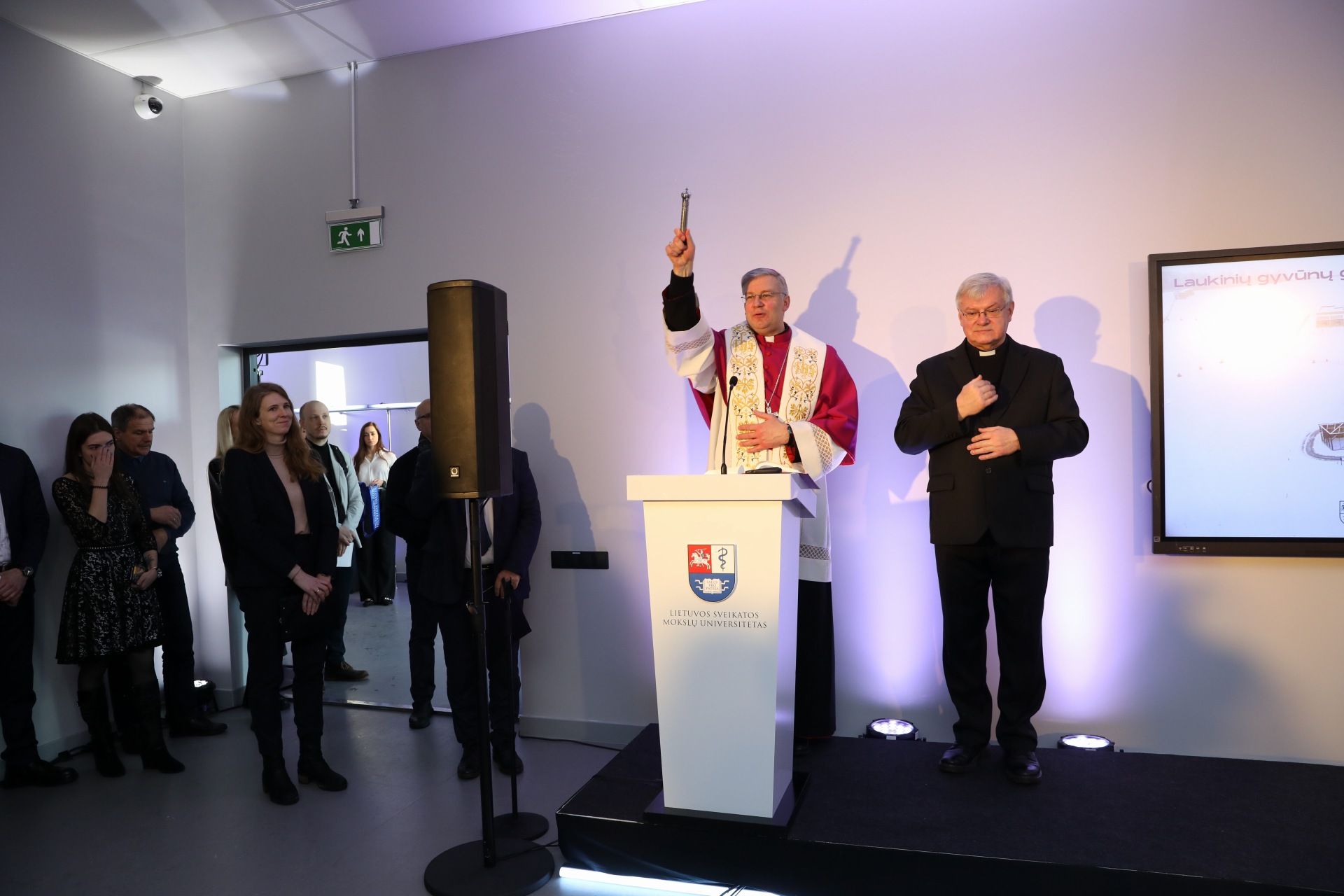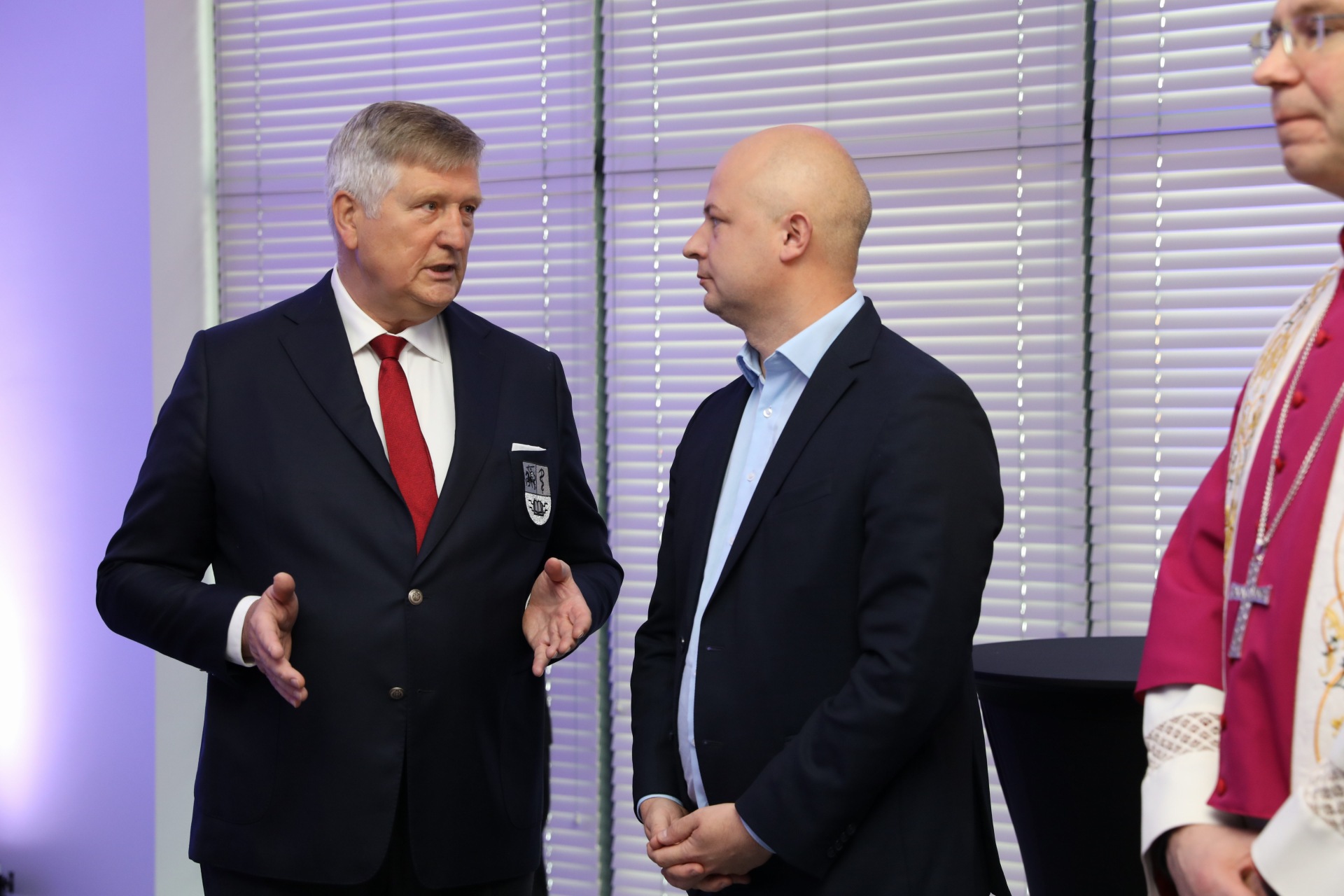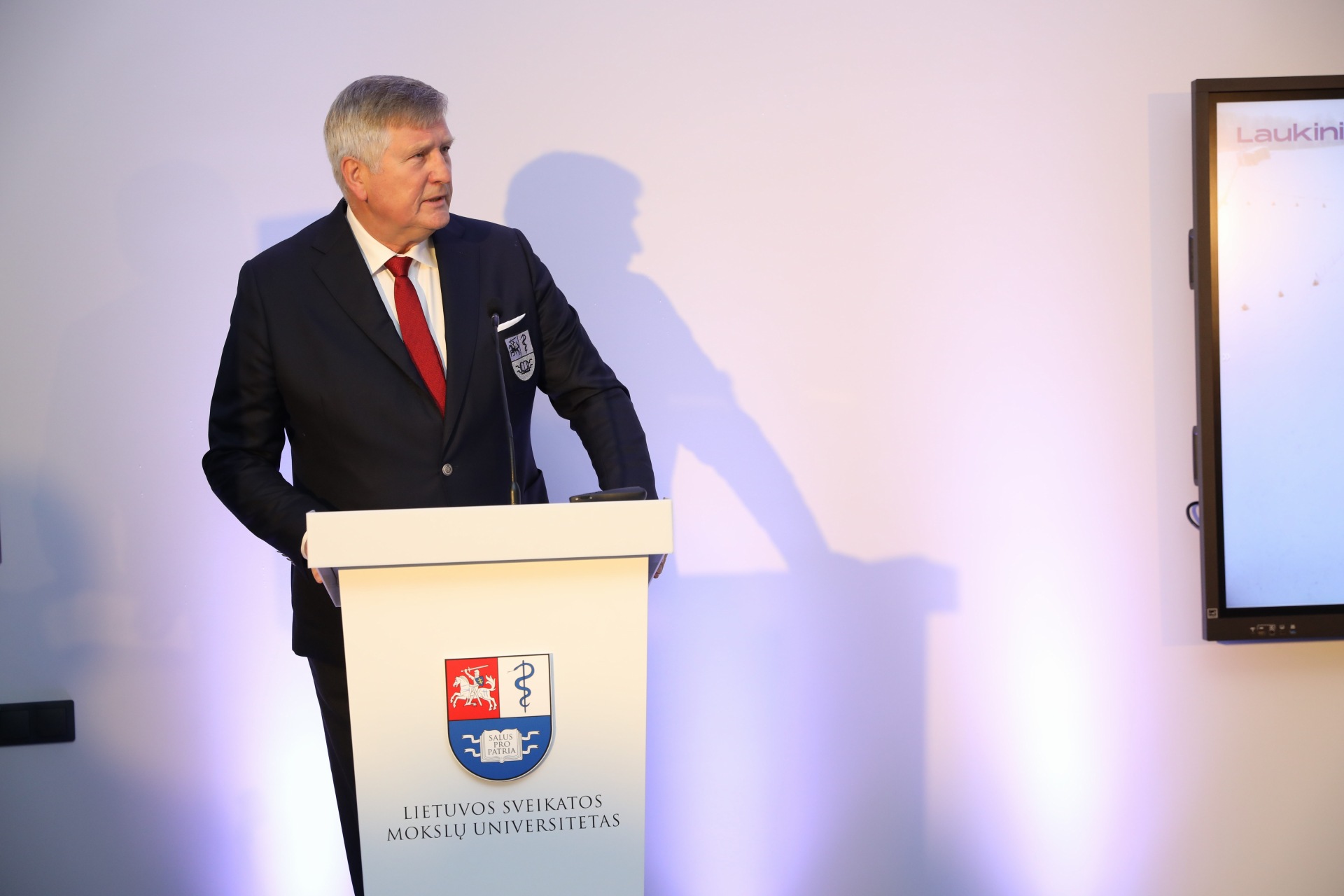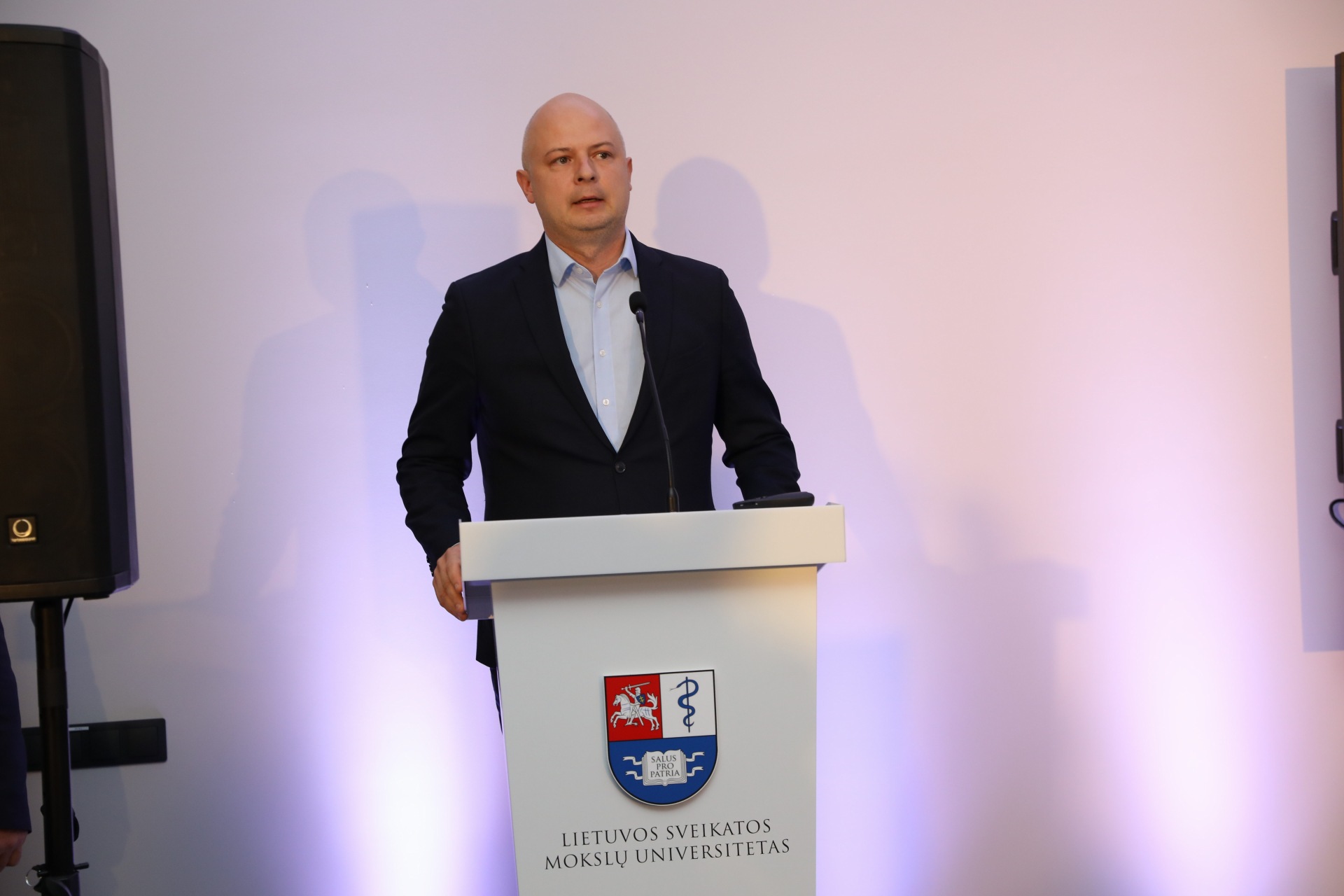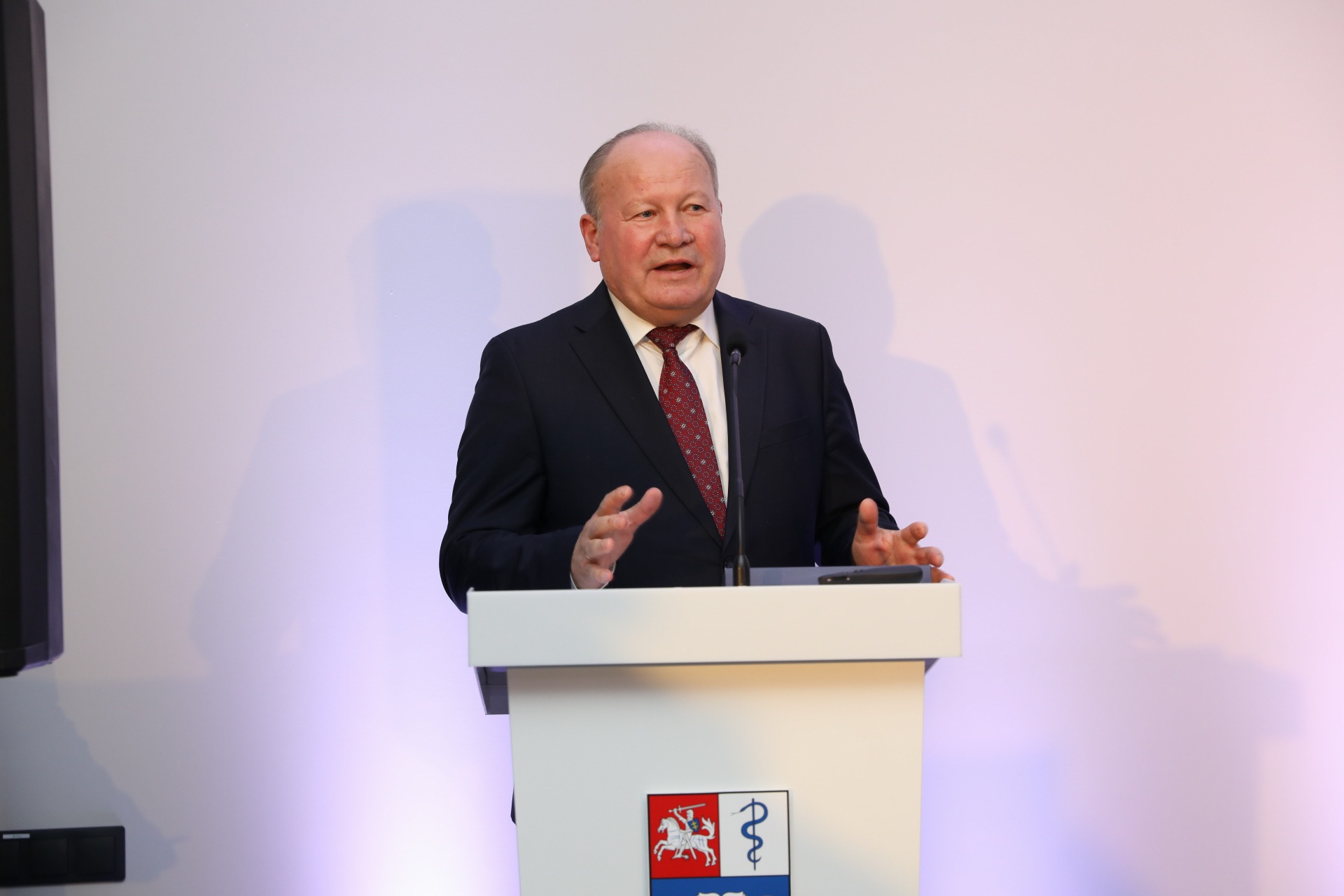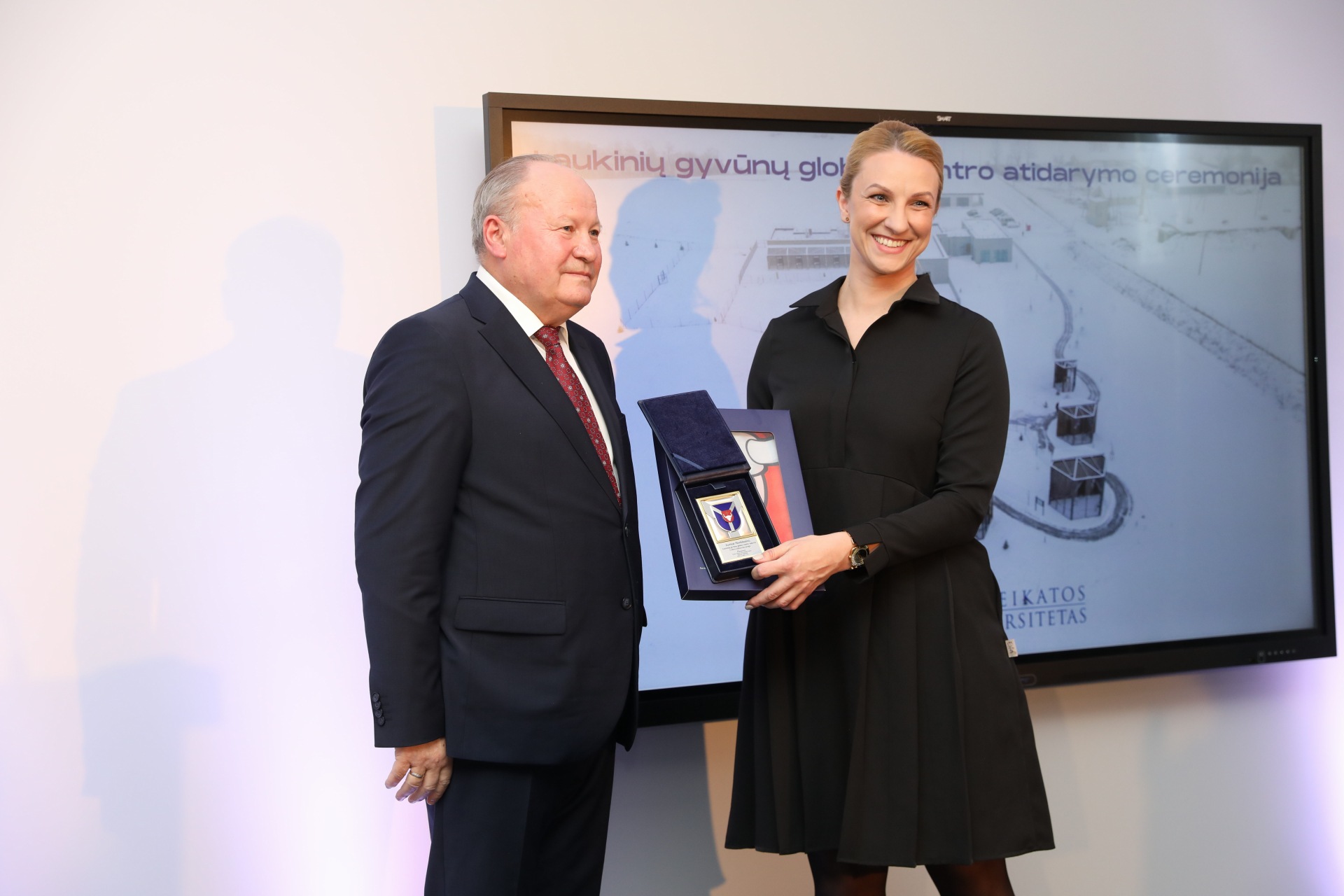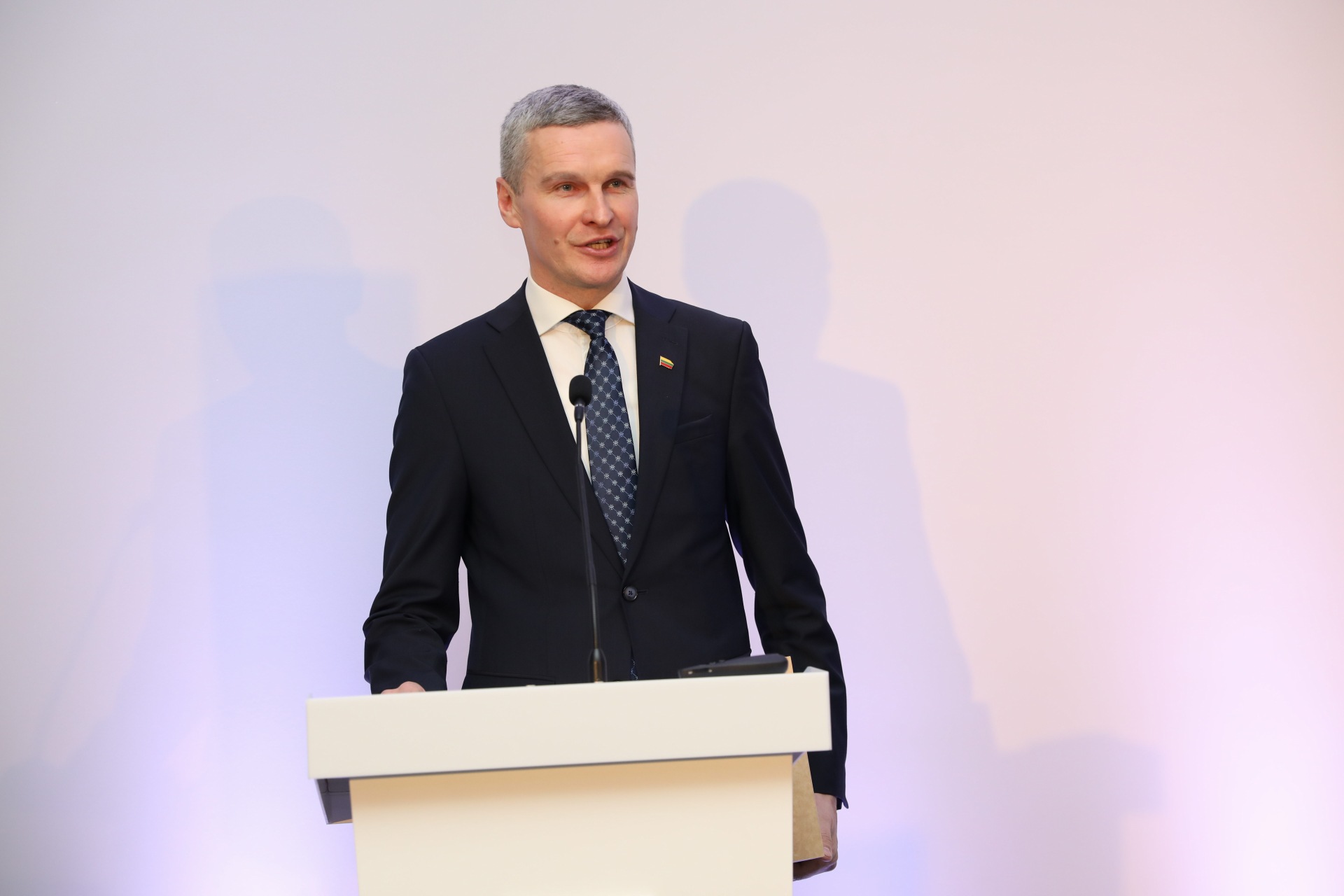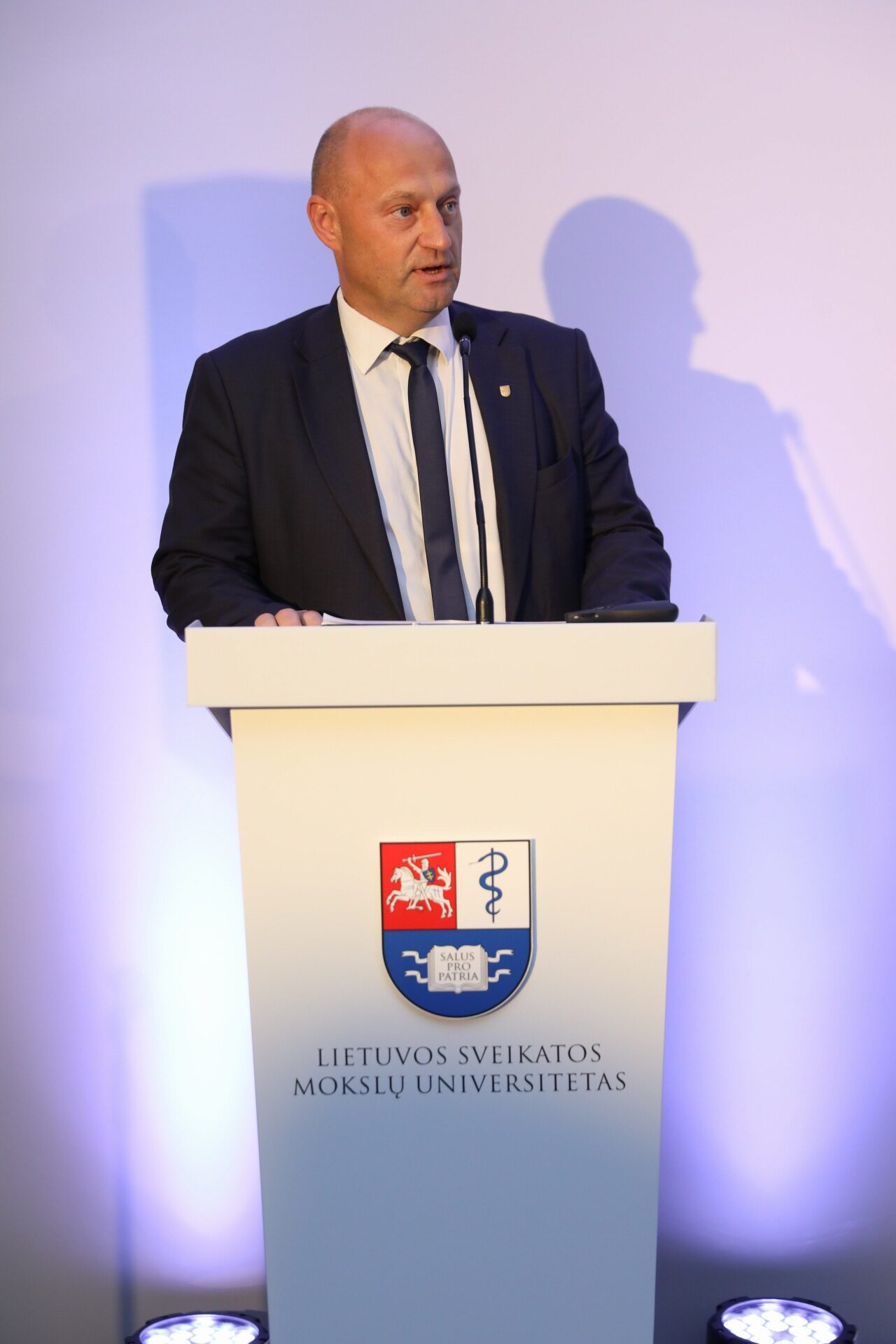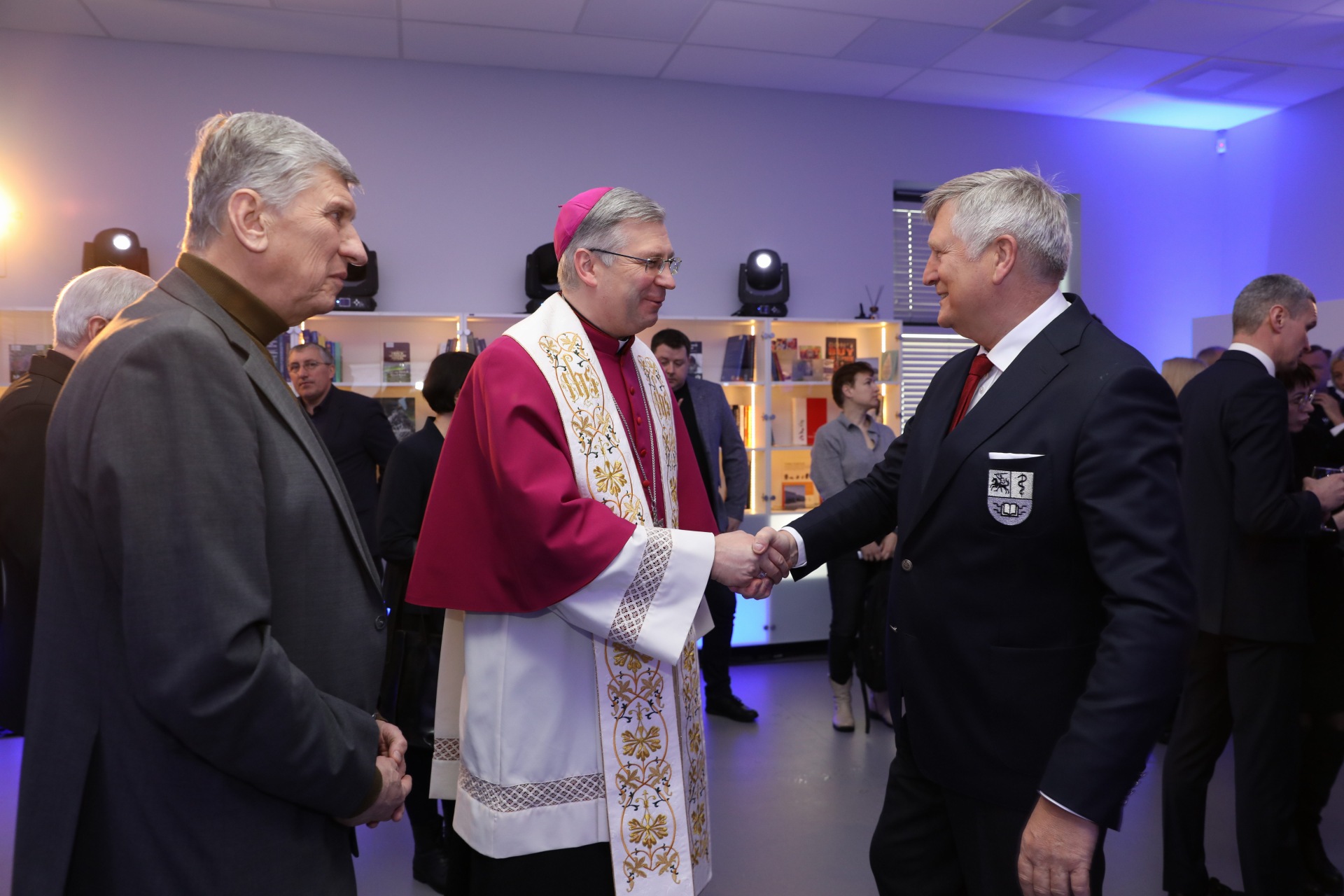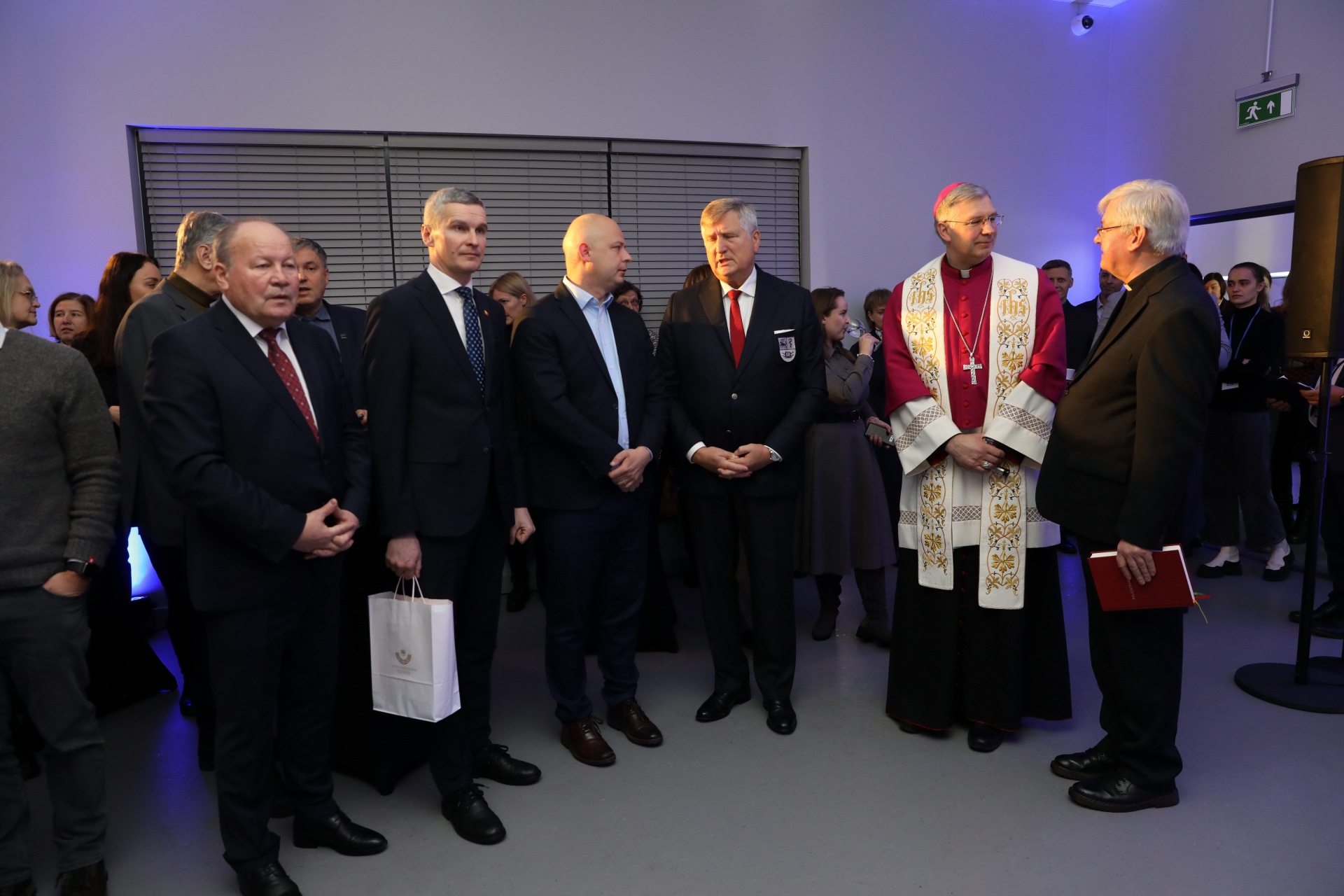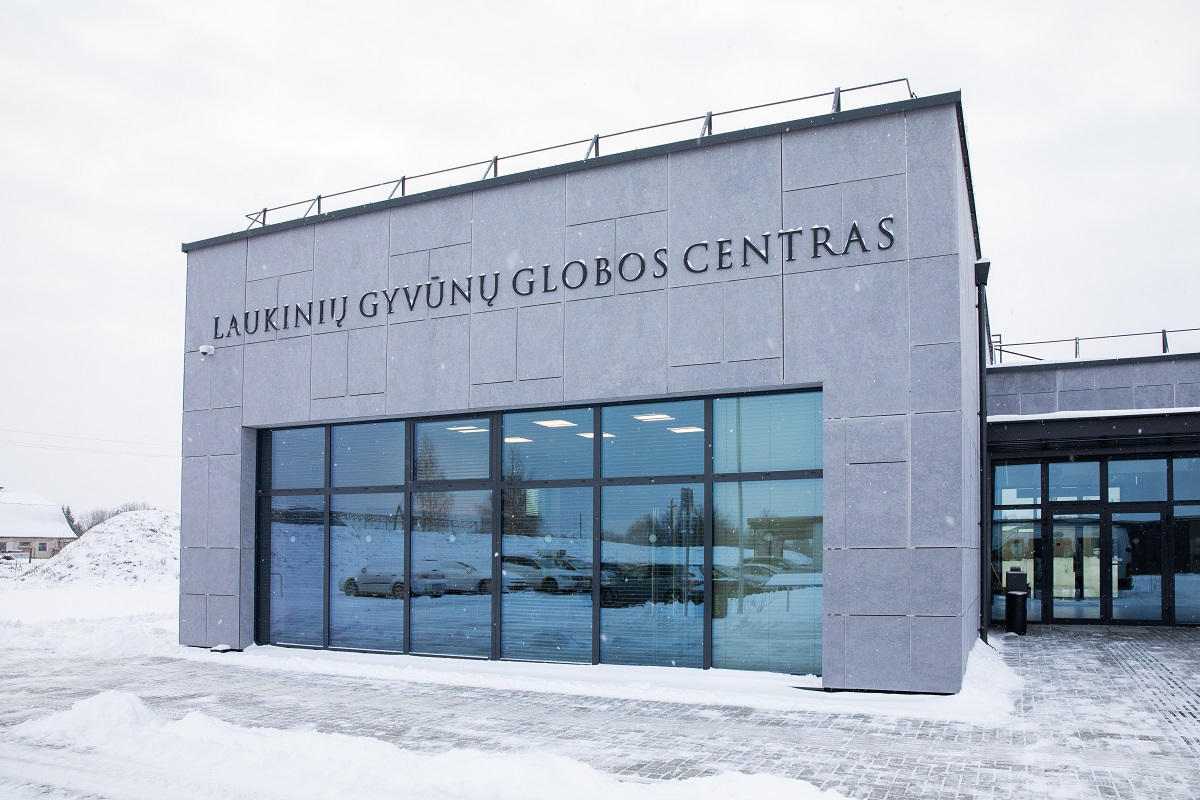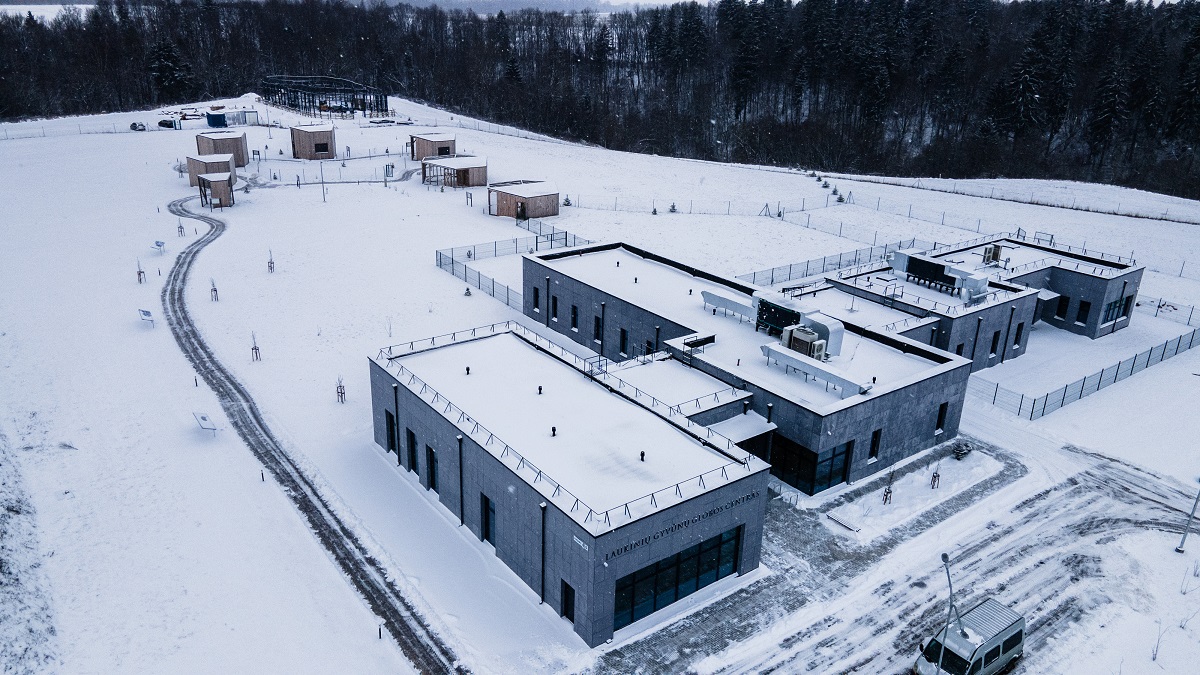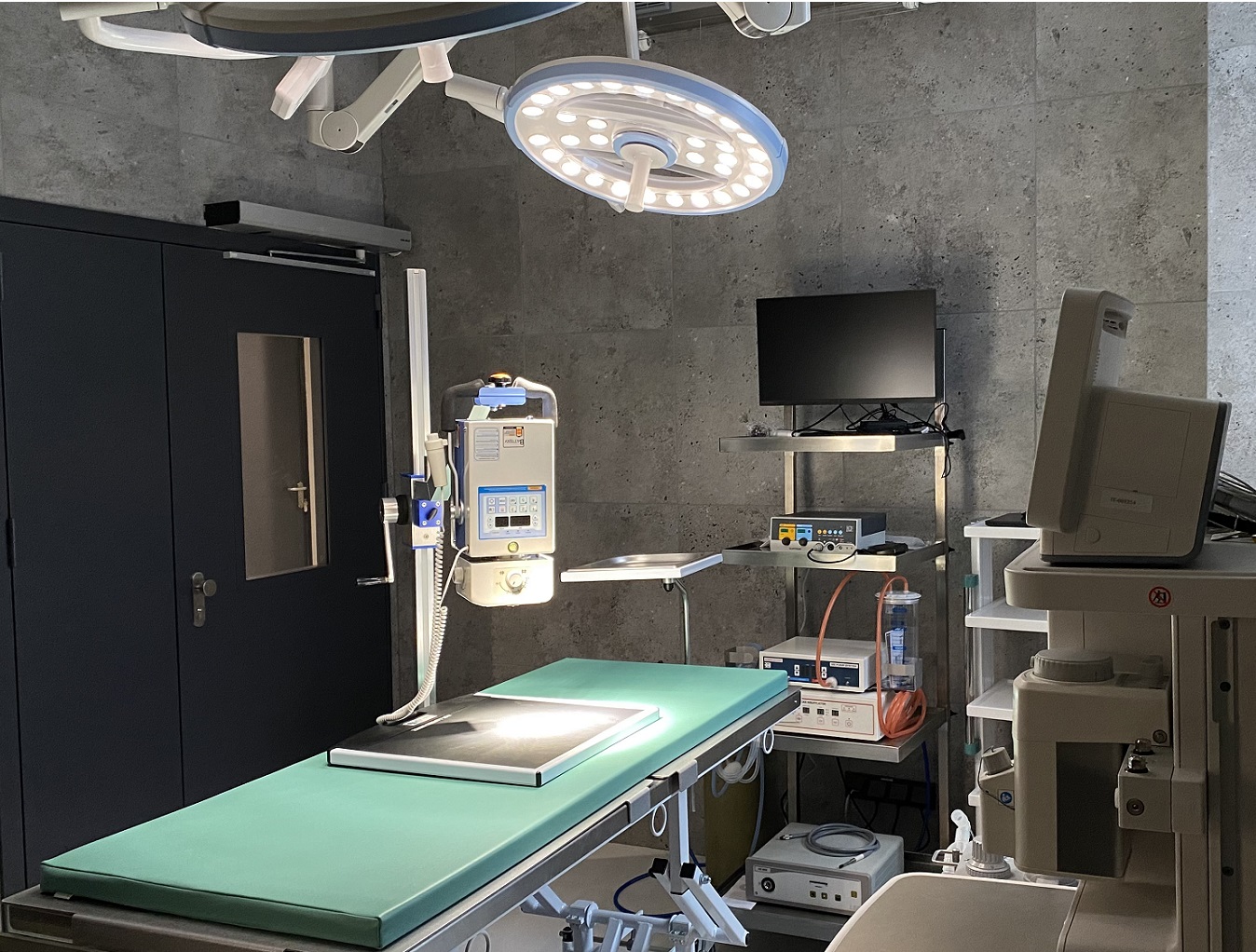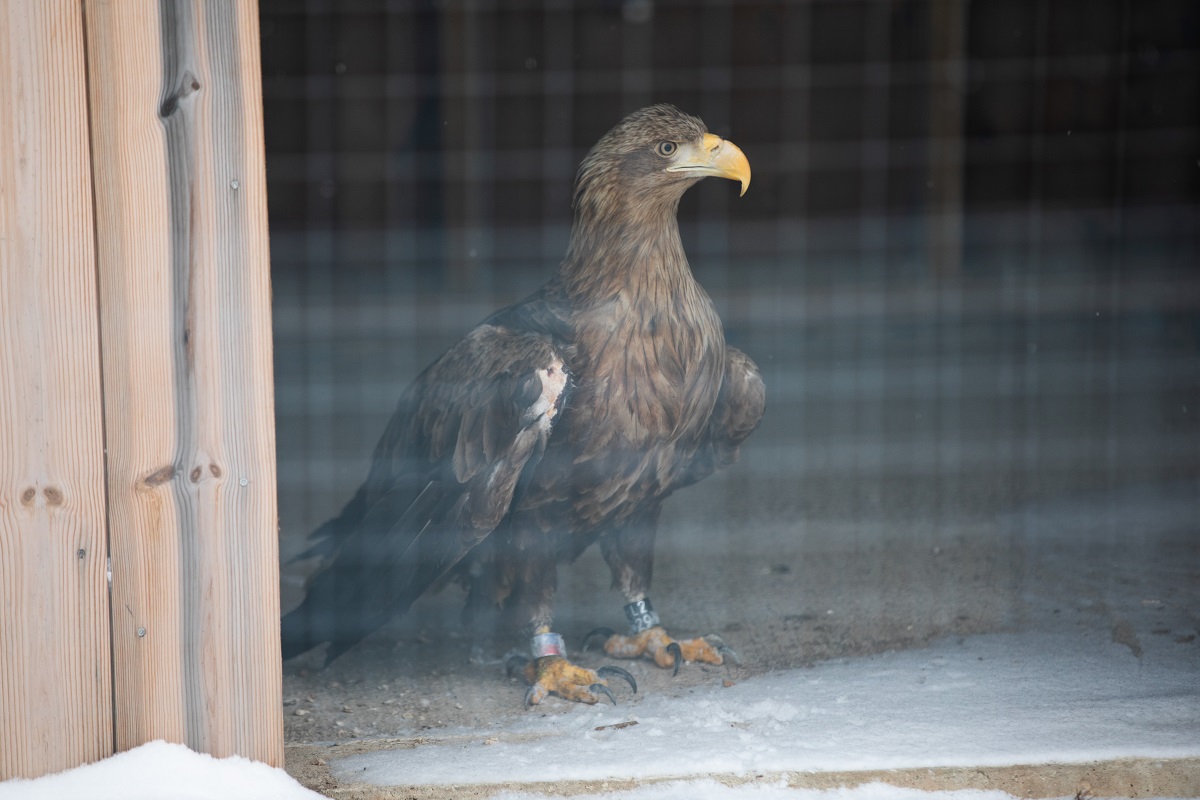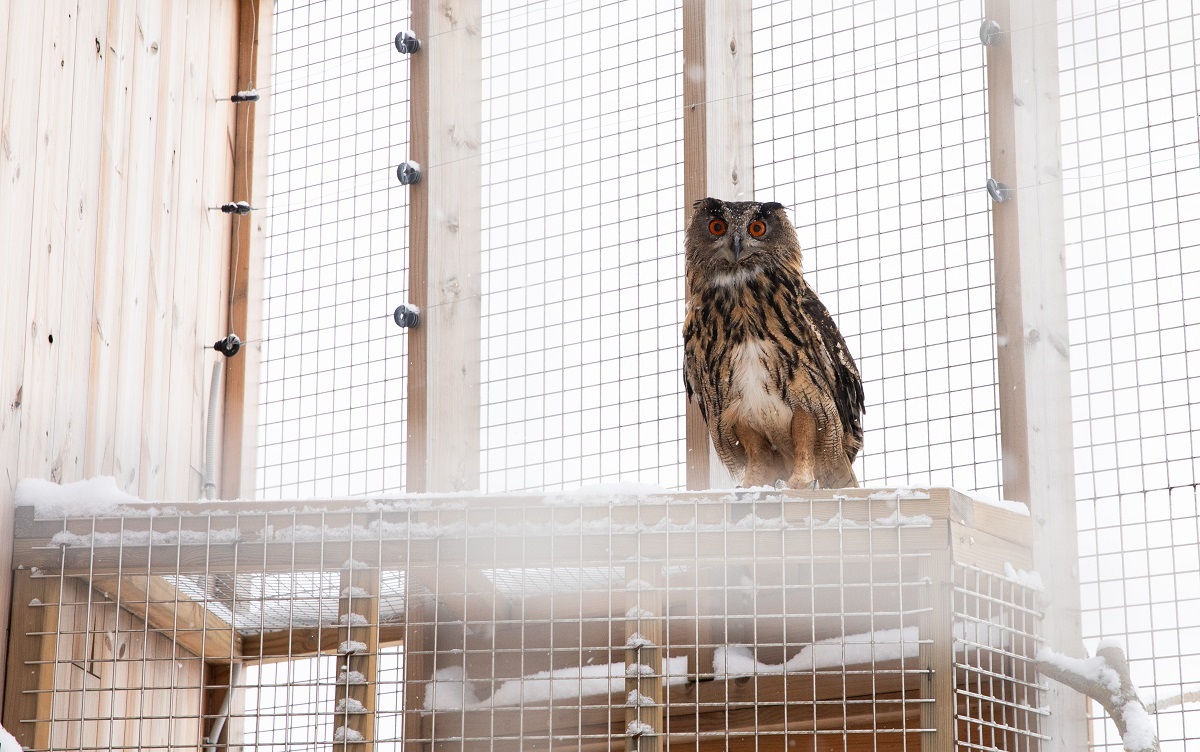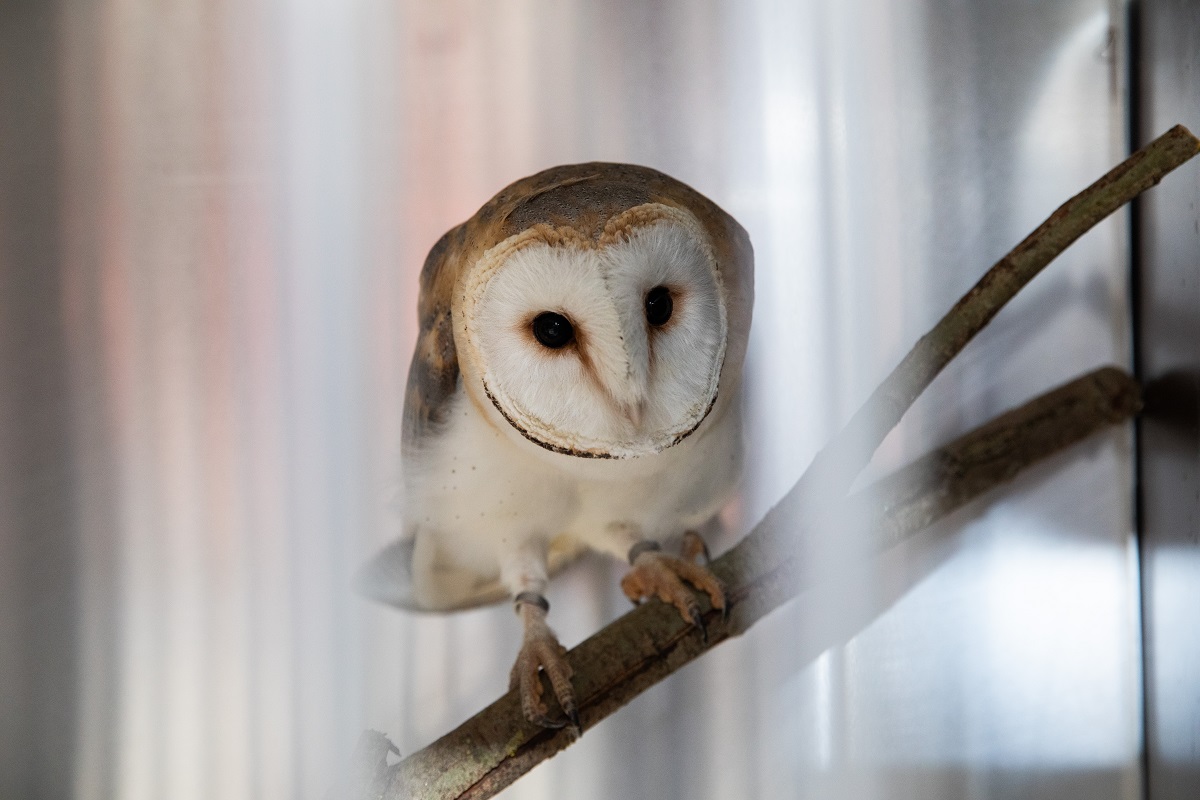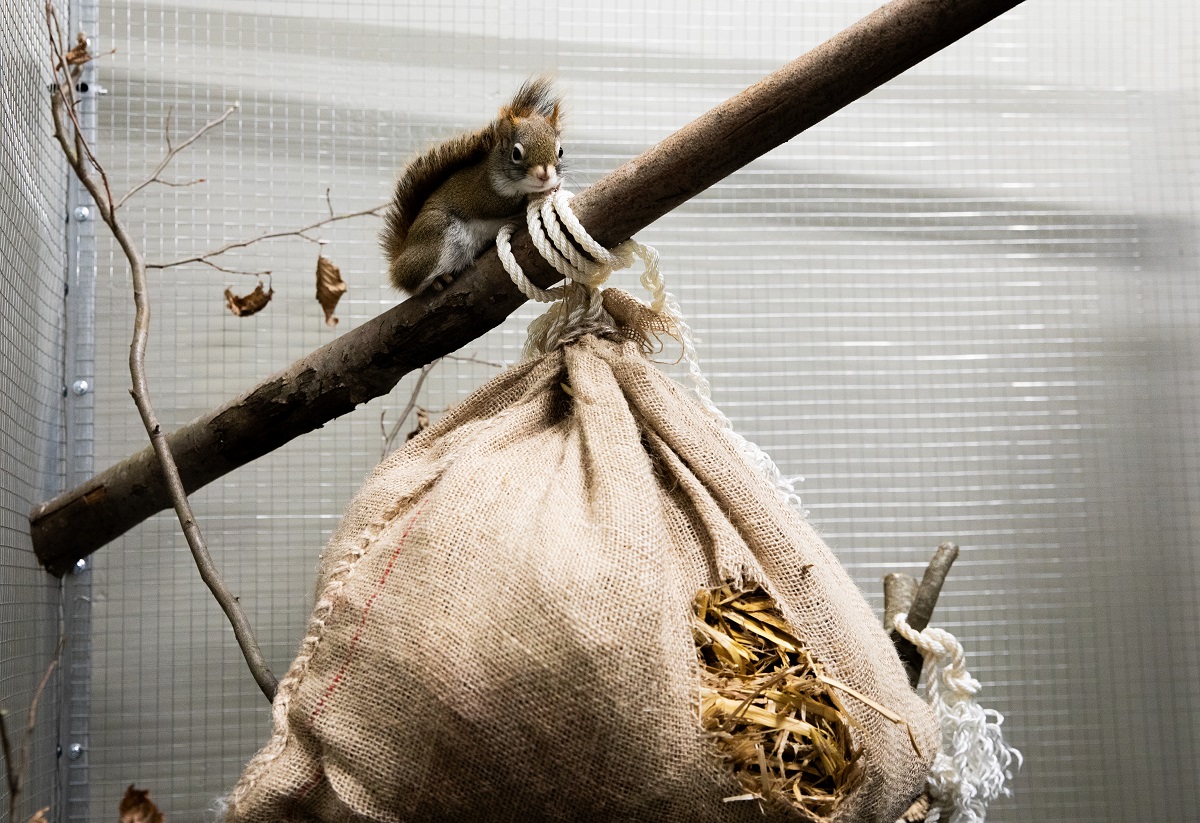Wildlife Rescue Centre Inaugurated and Committed to Enhance Animal Welfare
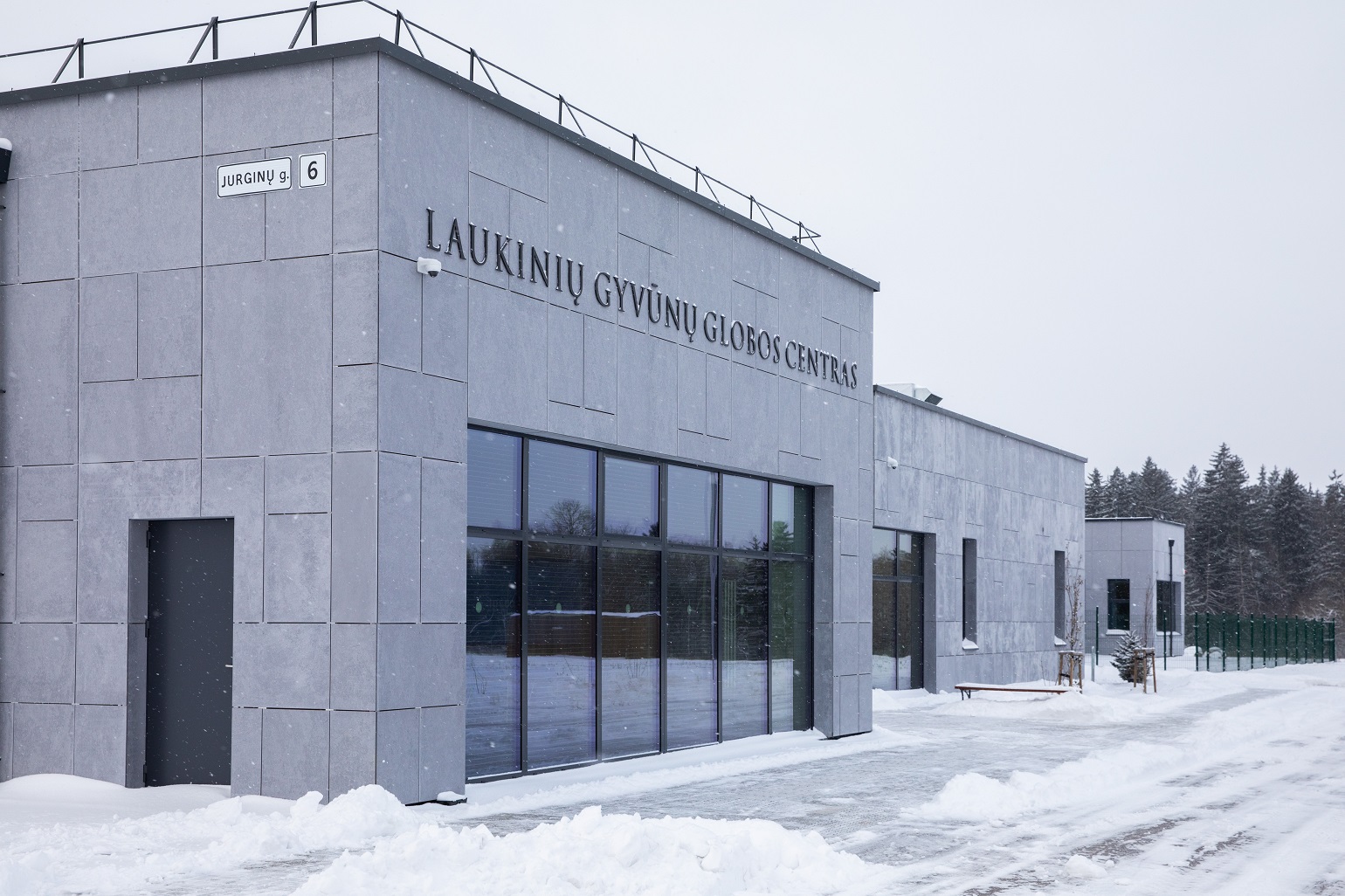
Lithuania’s only Wildlife Rescue Centre (WRC) was opened during an inaugural ceremony on Friday, 19 January in Naujieji Muniškiai village, Kaunas district. Since the beginning of this year, the unique division of the Lithuanian University of Health Sciences (LSMU) has been providing veterinary assistance, care, rehabilitation, and adaptation services for wild animals from across Lithuania.
The WRC accepts wild animals that have been injured or rescued from inappropriate keeping conditions around the clock, 7 days a week. The WRC serves as both the first-aid centre for wildlife and a temporary refuge providing care and housing for the wild animals removed from inappropriate environments and/or confiscated.
The opening ceremony of the country’s first specialised centre of this kind was attended by a large number of guests, including representatives of all institutions engaged in the Wildlife Rescue Centre initiative, including the Parliament (Seimas) of the Republic of Lithuania, the Government of the Republic of Lithuania, local authorities, and public organisations.
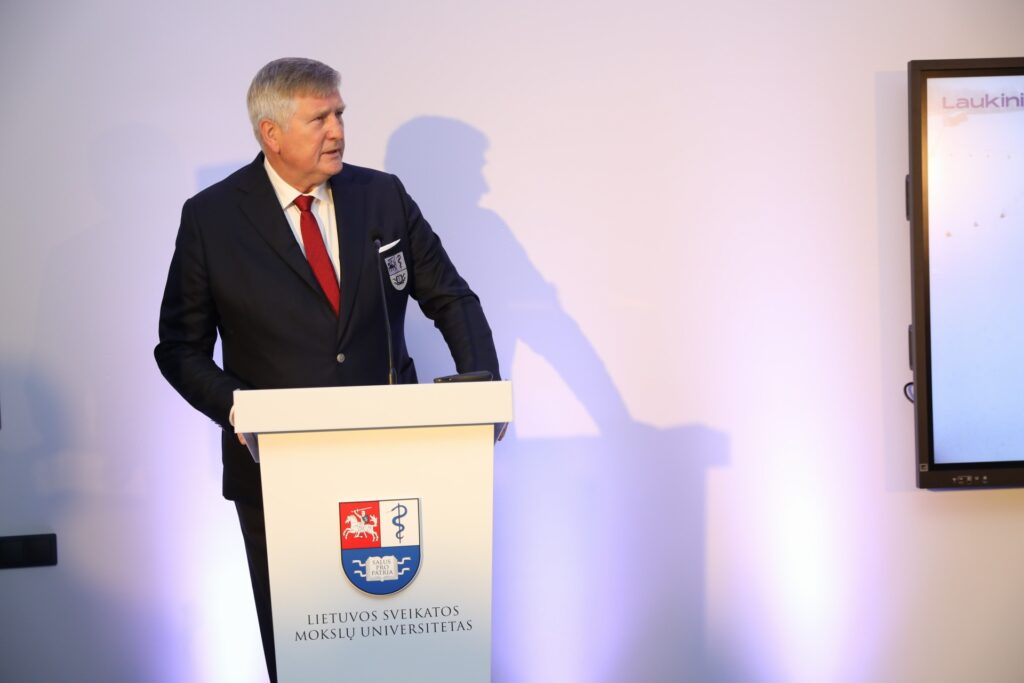
Prof. Rimantas Benetis, the Rector of LSMU, emphasised that the establishment of the WRC, which is of great importance for the University and the whole country, is the result of the united efforts of the state and research institutions. The WRC project is an example of effective inter-institutional cooperation between LSMU and the Ministry of Environment.
“One of the important development directions of our University is to ensure that science-based principles of animal health and welfare contribute to a healthier society and a responsible attitude towards animals. I am pleased to see that the Wildlife Rescue Centre has already started pursuing its mission, enabling the University to offer high-quality professional services in wildlife care by veterinarians and other specialists,” – noted the Rector of LSMU.
“Veterinarians, researchers, and other specialists of the LSMU Veterinary Academy will make a significant contribution to ensuring the welfare of wild animals by drawing on their vast experience in the field of animal health. In addition to the close cooperation with the Ministry of Environment, this activity will also involve the students of the University and other institutions, as well as individuals who care about the welfare of wild animals,” said Prof. Mindaugas Malakauskas, the Chancellor of the LSMU Veterinary Academy.
During the event, guests were given a tour of the new Centre. A total of 5.77 hectares of land features a modern complex of buildings, including a veterinary treatment facility with examination rooms and an operating room equipped with state-of-the-art diagnostic equipment, laboratory, treatment and rehabilitation rooms, indoor and outdoor animal enclosures, offices and other facilities.
Justina Morkūnaitė, the Head of the Wildlife Rescue Centre, noted that the first animals were brought to the Centre in the final days of December. Currently, the WRC cares for over fifty parrots, 4 ball pythons, an American red squirrel, 12 hybrid cats, a serval, an eagle owl, a barn owl, and a white-tailed eagle.
According to its Head, the WRC is anticipated to provide treatment and care services to over 1.2 thousand wild animals annually, encompassing various sizes and species, including birds, reptiles, and mammals. They will be assisted by five highly qualified veterinarians and other specialists.
Wild animals that can survive independently will be returned to their natural habitats. The veterinary assistance provided by the WRC specialists is expected to improve the survival rate of wild animals and increase the likelihood of their release.
Another function of the Wildlife Rescue Centre is the education of the public as the WRC aims to become a centre of attraction for everyone interested in wildlife and to help educate the public about wildlife conservation. In the future, the WRC will also promote volunteer activity and research work.
The project “Establishment of the Wildlife Rescue Centre” of the Lithuanian University of Health Sciences was implemented with the funding of the European Structural and Investment Funds (the EU’s Cohesion Fund) for the funding period 2014–2020. The total value of the implemented project was EUR 4,824,898.90.

